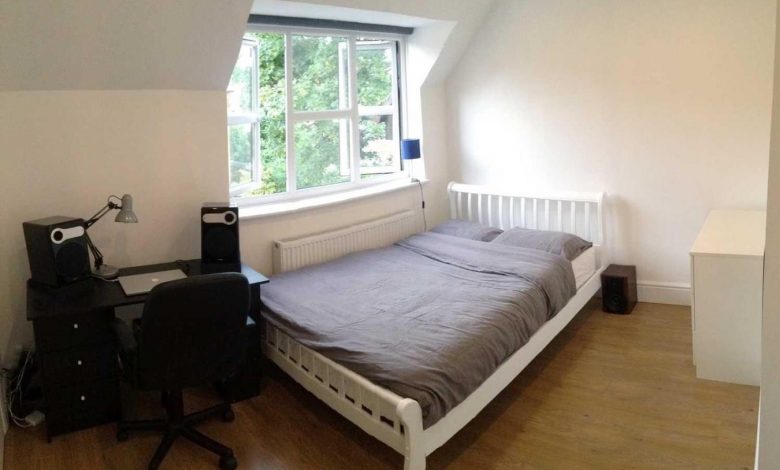Tips for Avoiding Rental Scams as a Student

Tips for Avoiding Rental Scams as a Student
Introduction
As a student, finding the perfect rental accommodation can be a daunting task. Unfortunately, rental scams targeting students are on the rise. Scammers often take advantage of the fact that students may be unfamiliar with the rental market and desperate to secure housing. To help you avoid falling victim to these scams, we have put together some essential tips.
Tips for Avoiding Rental Scams
1. Research Thoroughly
Before committing to renting a property, it is essential to research thoroughly. Start by gathering information about the rental market in your area, such as average prices and typical rental agreement terms. This knowledge will help you spot any red flags and identify potential scams.
2. Deal with Reputable Sources
When looking for rental accommodation, rely on reputable sources such as established property rental websites, reputable agents, or local student housing directories. Avoid deals that seem too good to be true, as they are often a ploy to lure in unsuspecting students.
3. Visit the Property in Person
Never agree to rent a property without visiting it in person. Scammers may use fake ads or deceive you into sending money before you even see the place. Visiting the property not only allows you to assess its condition but also gives you an opportunity to meet the landlord or property manager.
4. Be Wary of Unusual Payment Requests
If the landlord or agent requests payment through unconventional methods such as wire transfers, prepaid debit cards, or cryptocurrency, it is a major red flag. Genuine landlords typically accept traditional payment methods like checks or online bank transfers.
5. Trust Your Gut
If something feels off or too good to be true, trust your instincts. Scammers often use high-pressure tactics or create a sense of urgency to manipulate people into making impulsive decisions. Take your time, ask questions, and don’t let anyone rush you into something you’re not comfortable with.
FAQs about Rental Scams
Q1. What are some common signs of rental scams?
A1. Common signs of rental scams include requests for upfront payment before viewing the property, exceptionally low rental prices compared to similar listings, out-of-state owners or agents, poor grammar or misspellings in emails or ads, and reluctance to provide a written lease agreement.
Q2. How can I verify the legitimacy of a landlord or property?
A2. To verify the legitimacy of a landlord or property, you can perform online searches using the property address or landlord’s name. You can also look for reviews or testimonials from other tenants, reach out to local housing authorities, or ask for references from previous tenants.
Q3. What should I do if I believe I have been scammed?
A3. If you suspect you have been scammed, report it to your local law enforcement agency and provide them with any relevant evidence, such as emails, text messages, or bank transaction details. Additionally, notify the rental platform or website where you found the listing, as they can take disciplinary action against scammers.
Conclusion
By following these tips, you can protect yourself from falling victim to rental scams as a student. Remember to research thoroughly, deal with reputable sources, visit the property in person, be cautious of unusual payment requests, and trust your gut. Stay vigilant throughout your search for rental accommodation, and take proactive steps to ensure your safety and security.



